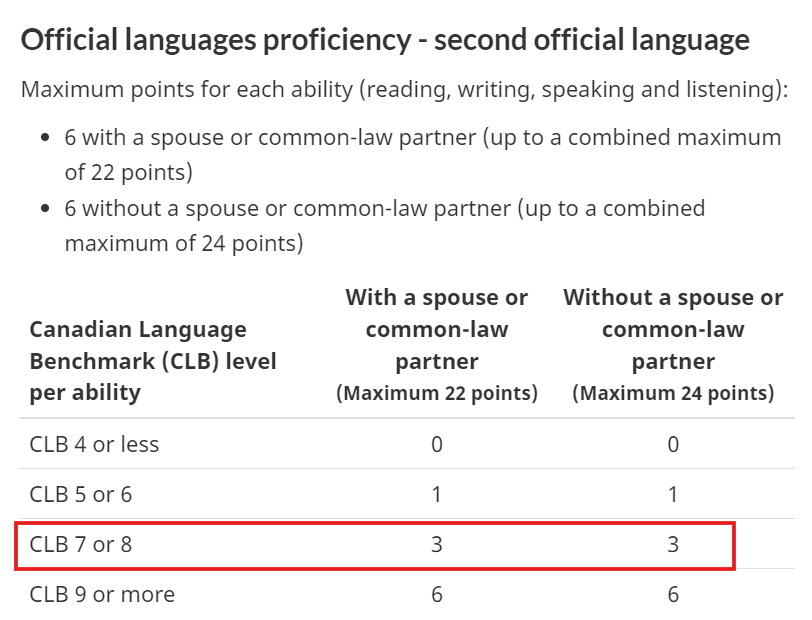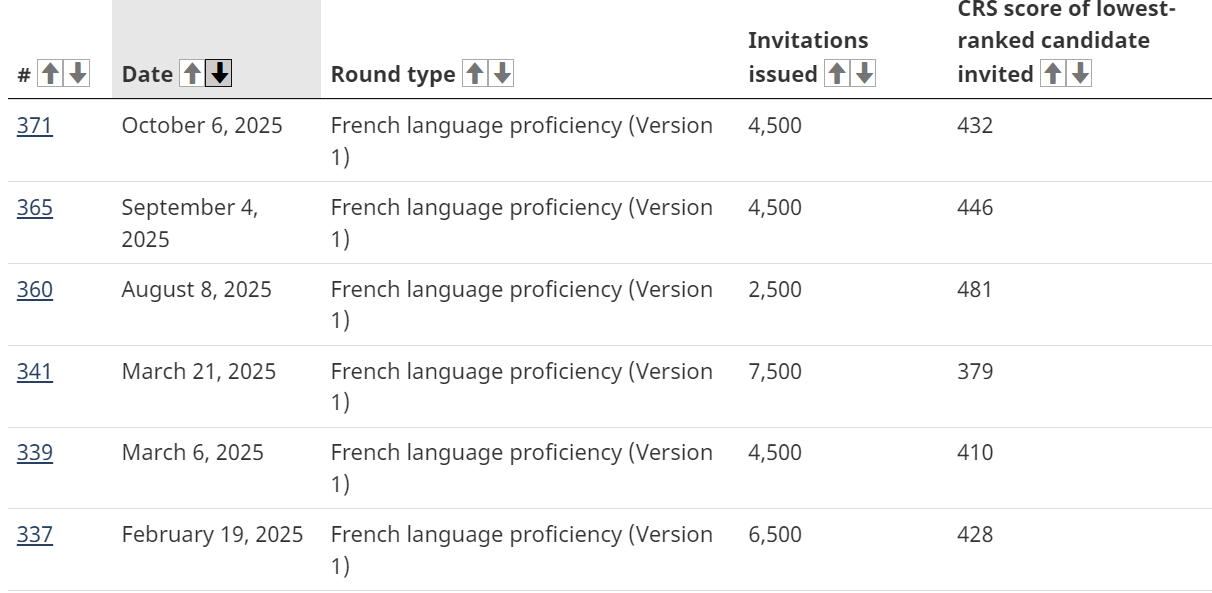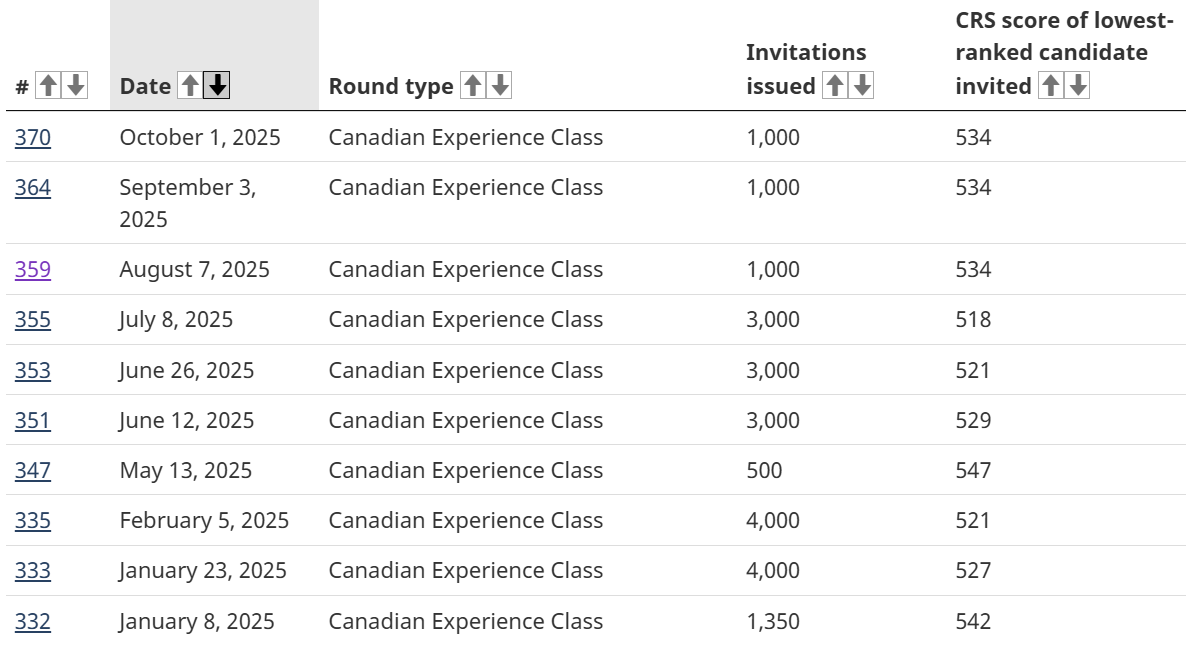Immigrating to Canada?
Find out why learning French will boost your chances
Learning French can be very important for Canadian immigration plans: French speakers are a top priority for Canadian immigration until 2027.
As part of its 2025–2027 Immigration Levels Plan, the Canadian government wants to reduce the amount of temporary workers and permanent residents. But did you know they will increase the number of French-speaking permanent residents outside Quebec? The Francophone immigration will represent
- 8.5% in 2025
- 9.5% in 2026
- 10% in 2027
Reasons why learning French can benefit you in your future plans for immigration.
Reason 1 - Another work permit option
With good French skills, you can use another work permit to stay in Canada longer >> with the Francophone Mobility Program
This program allows French-speaking foreign workers to obtain an employer-specific work permit without needing a Labour Market Impact Assessment (LMIA) — a major advantage for both workers and employers.
However, this program is only available if you intend to live and work outside of Quebec.
By gaining additional Canadian work experience through this program, you can strengthen your profile and later apply for permanent residency.
Reason 2 - Additional points for Express Entry
- ‘Core/human capital factors’ section:
In the Express Entry system, you can earn additional CRS points for French language skills. For example, if you have CLB 7, you can earn 12 points for Second Official Language (3 points x 4 abilities).
Aim for a CLB 9 or more, and you earn 24 points in this category as a ‘single’ person (6 points x 4 abilities).
You can find the breakdown of the CRS points and the sections >> here on the official government page.

2. ‘Additional points’ section
In the Express Entry system, you can earn even more points, (up to 50 additional CRS points) for strong French language skills, even if French is your second language. These super high extra points can significantly boost your CRS score, giving you a competitive advantage in the PR pool. More info here under How you can benefit as a French speaker
According to IRCC >> here:
- NCLC 7 or higher in French + CLB 4 or lower in English (or no English test) → +25 points
- NCLC 7 or higher in French + CLB 5 or higher in English → +50 points
Reason 3 - Increased invitation chances in the Express Entry pool
If you’re applying for Permanent Residence (PR) through one of the Express Entry streams, your chances of receiving an invitation are significantly higher if you qualify under the French-language proficiency category. Keep in mind, this applies to all provinces outside of Quebec, as Quebec manages its own immigration programs separately from Express Entry.
Also, in this category IRCC sends out more invitations and the CRS score cut-offs are much lower compared to other streams, such as the Canadian Experience Class (CEC).
So far in 2025, IRCC held 6 major Express Entry draws for French language proficiency, with thousands of invitations issued in each round.

Yes, in 2025 there were more draws in the “Canadian Experience Class” but look at the number of invitations and the points.

Which French language tests are accepted?
Only the following language tests are valid for Canadian immigration. The regular TEF or TCF tests for France/universities are not accepted. You need the results from an approved testing center.
- TEF Canada (Test d’évaluation de français)
- TCF Canada (Test de connaissance du français)
How long is the language test valid for?
Your test results must be less than 2 years old when you submit your application for permanent residence after being invited.
A few last thoughts from the admin
- Canadian Experience Class invitations: 1,000
- French category invitations: 4,500 (and much lower points)


Learning French is no longer just an option—it’s one of the most strategic ways to boost your PR chances.